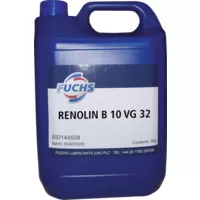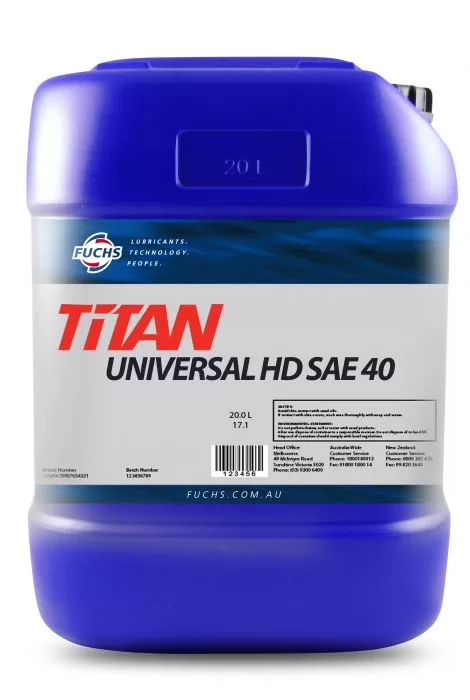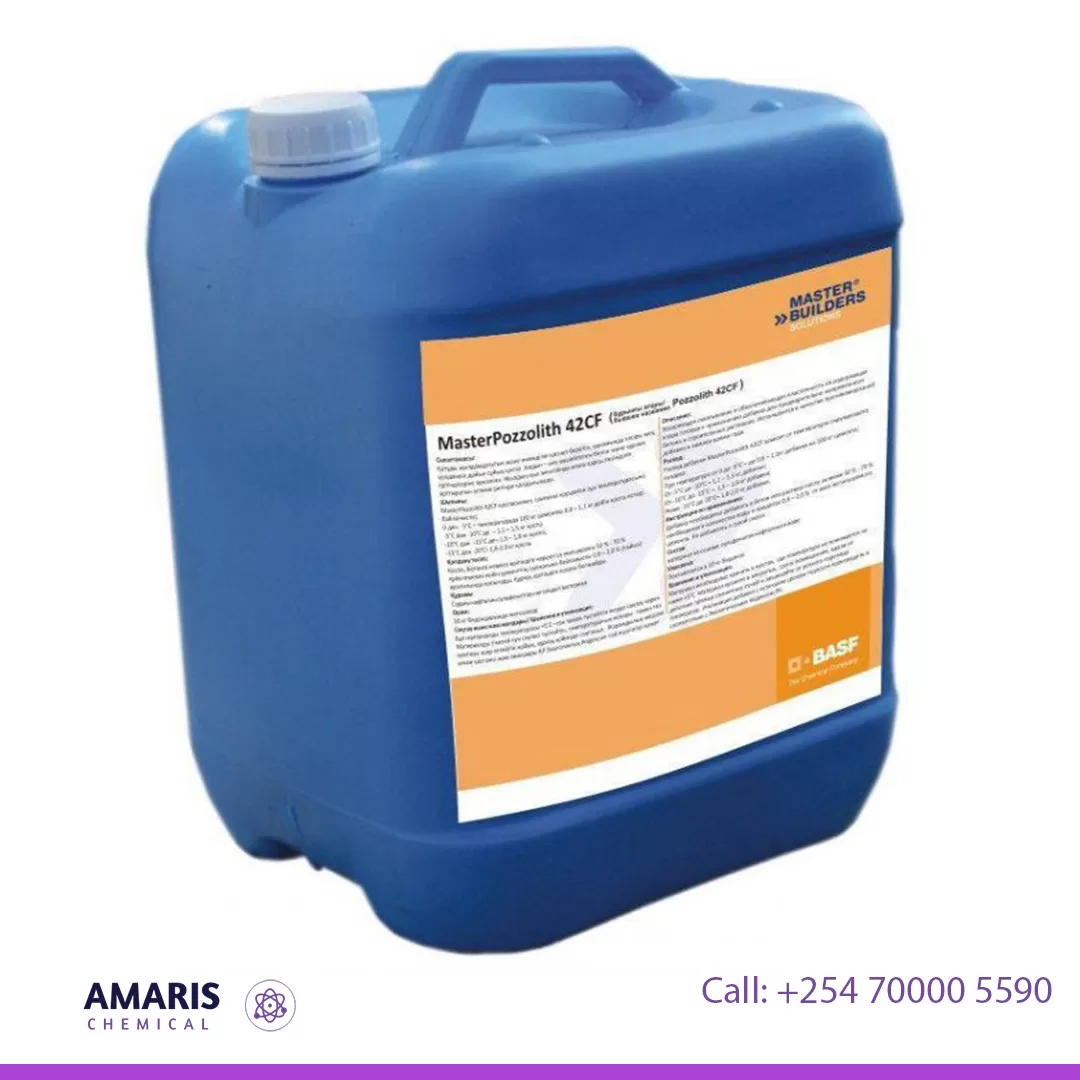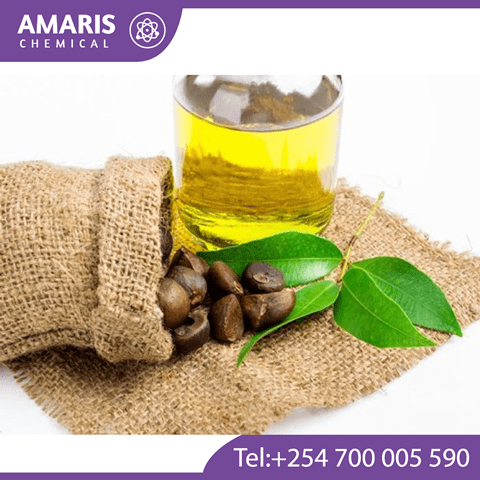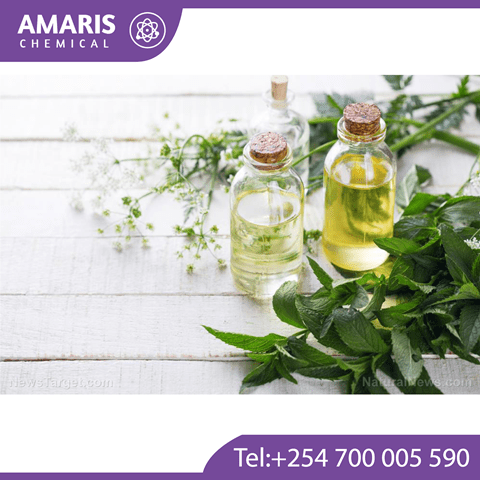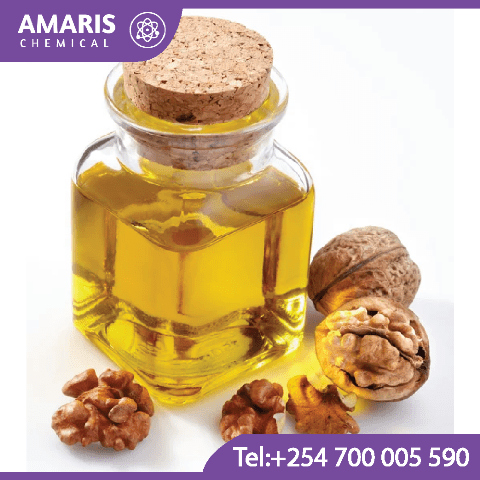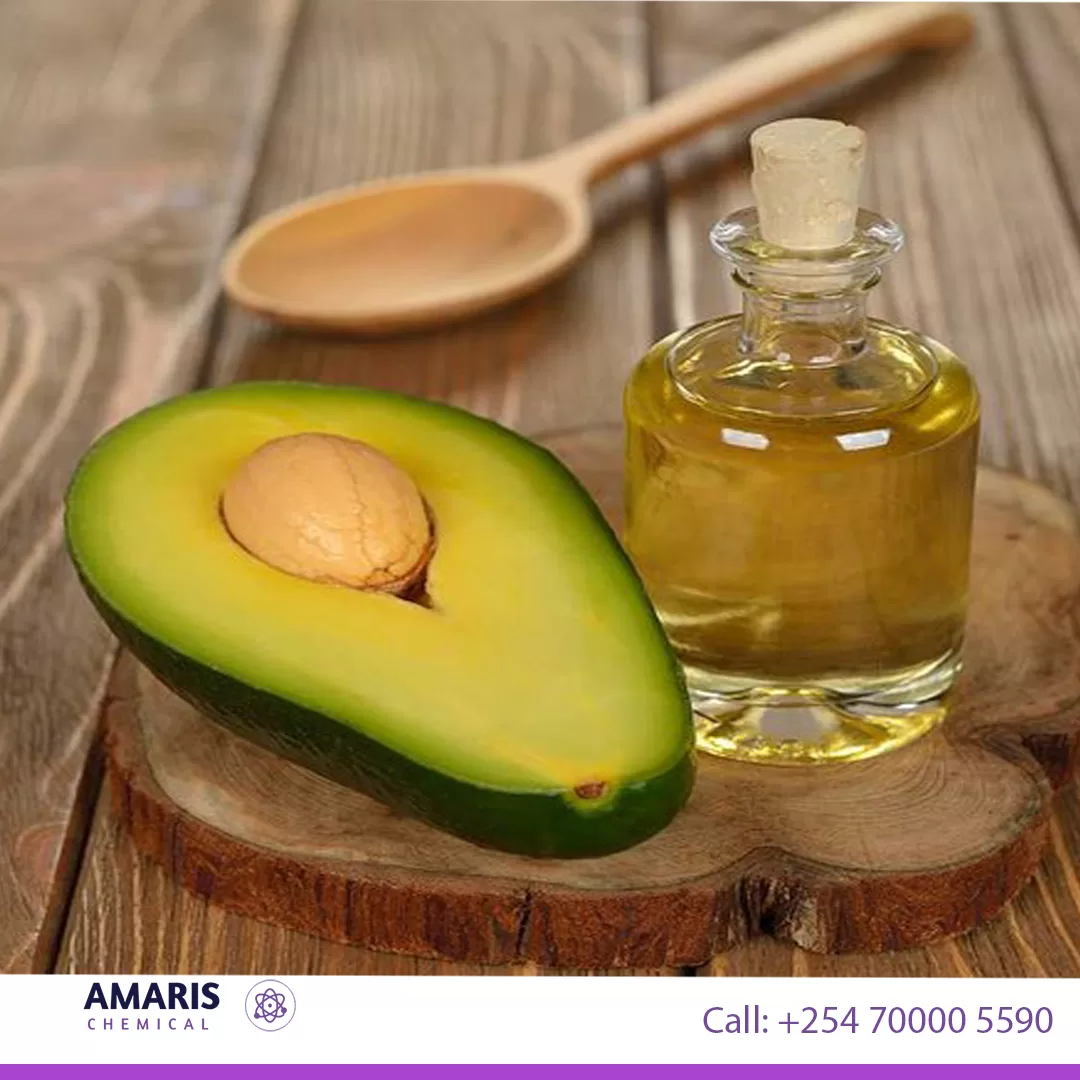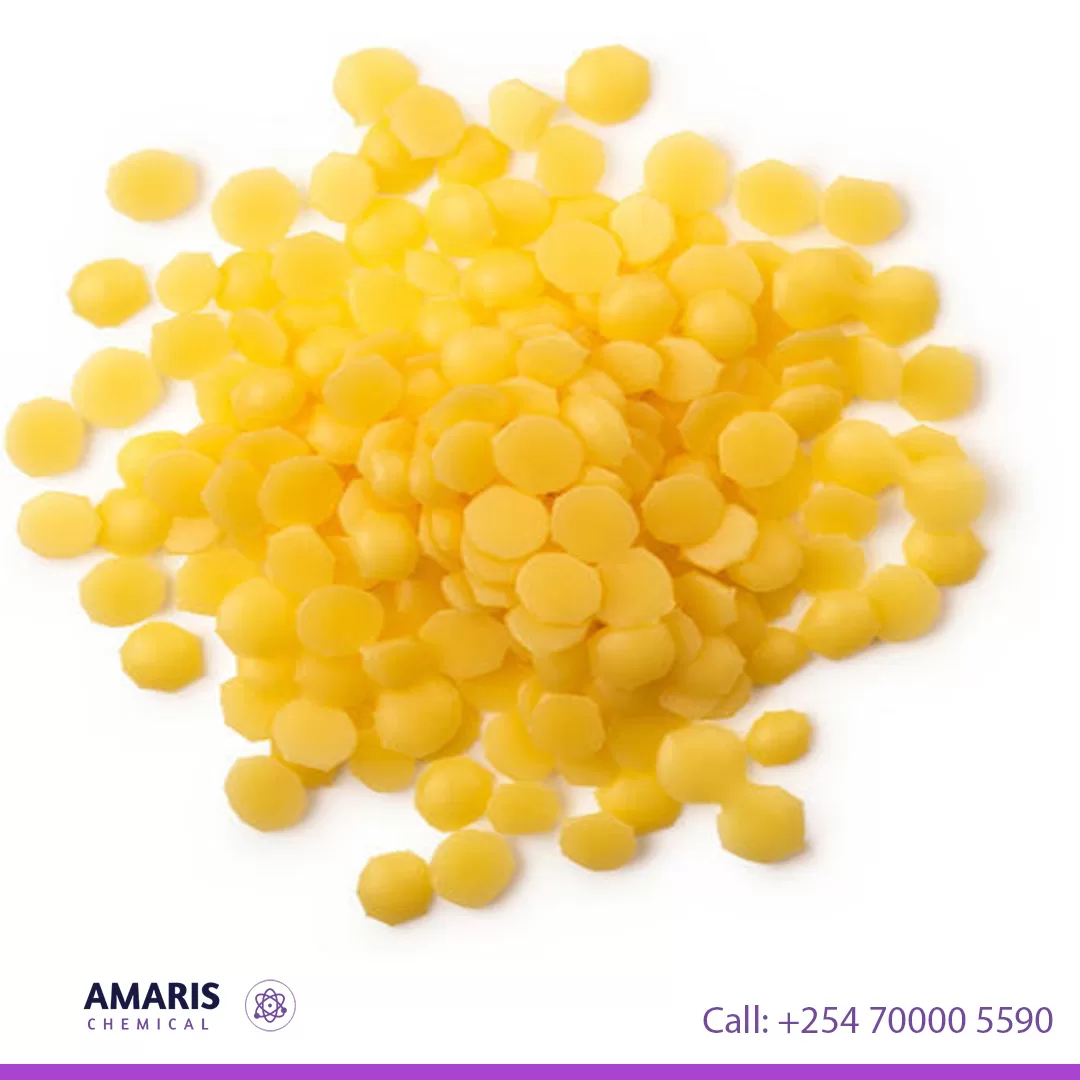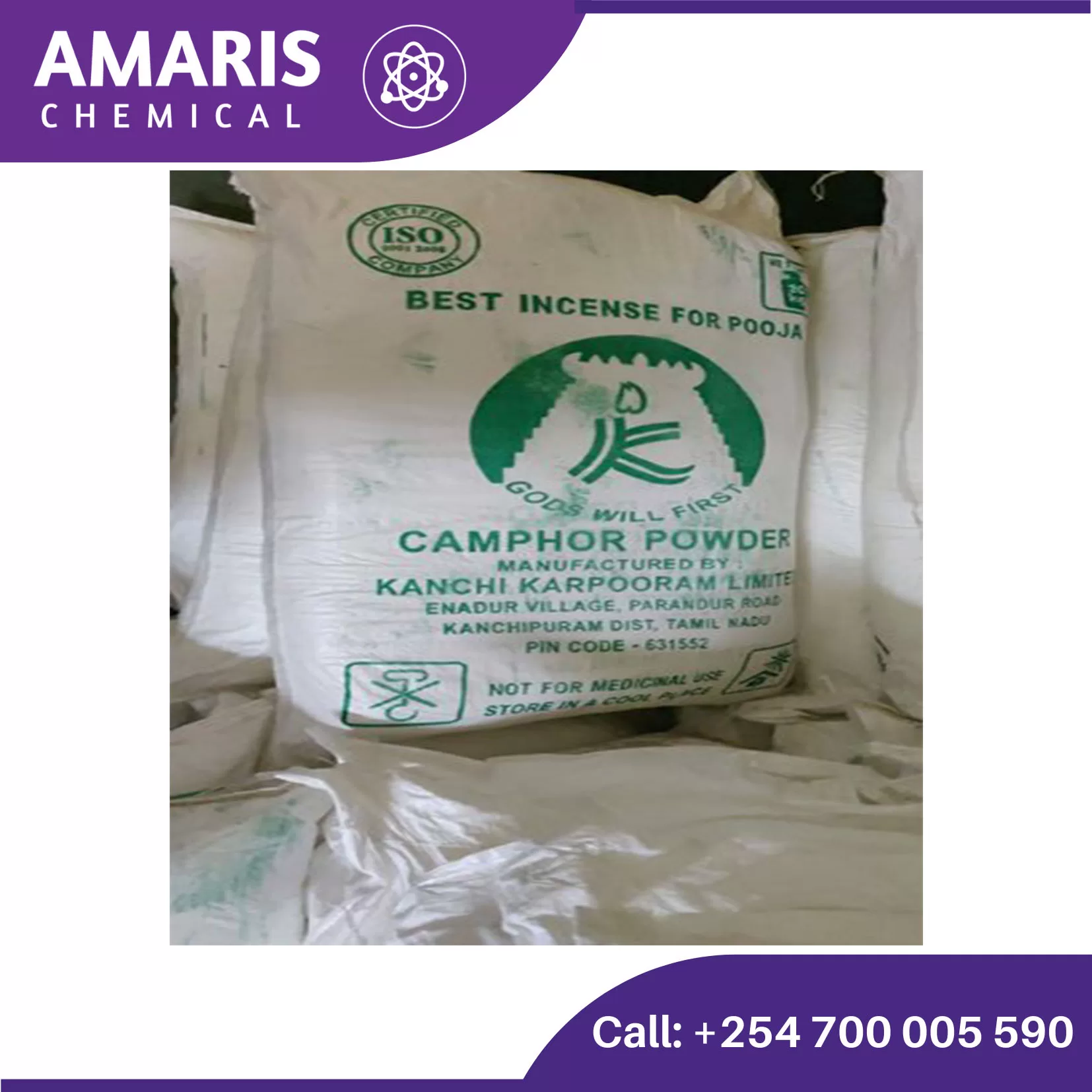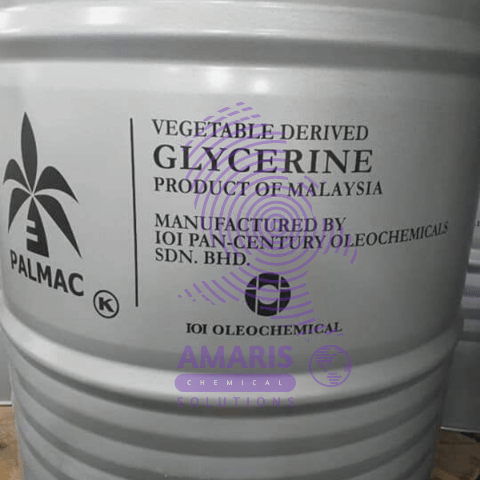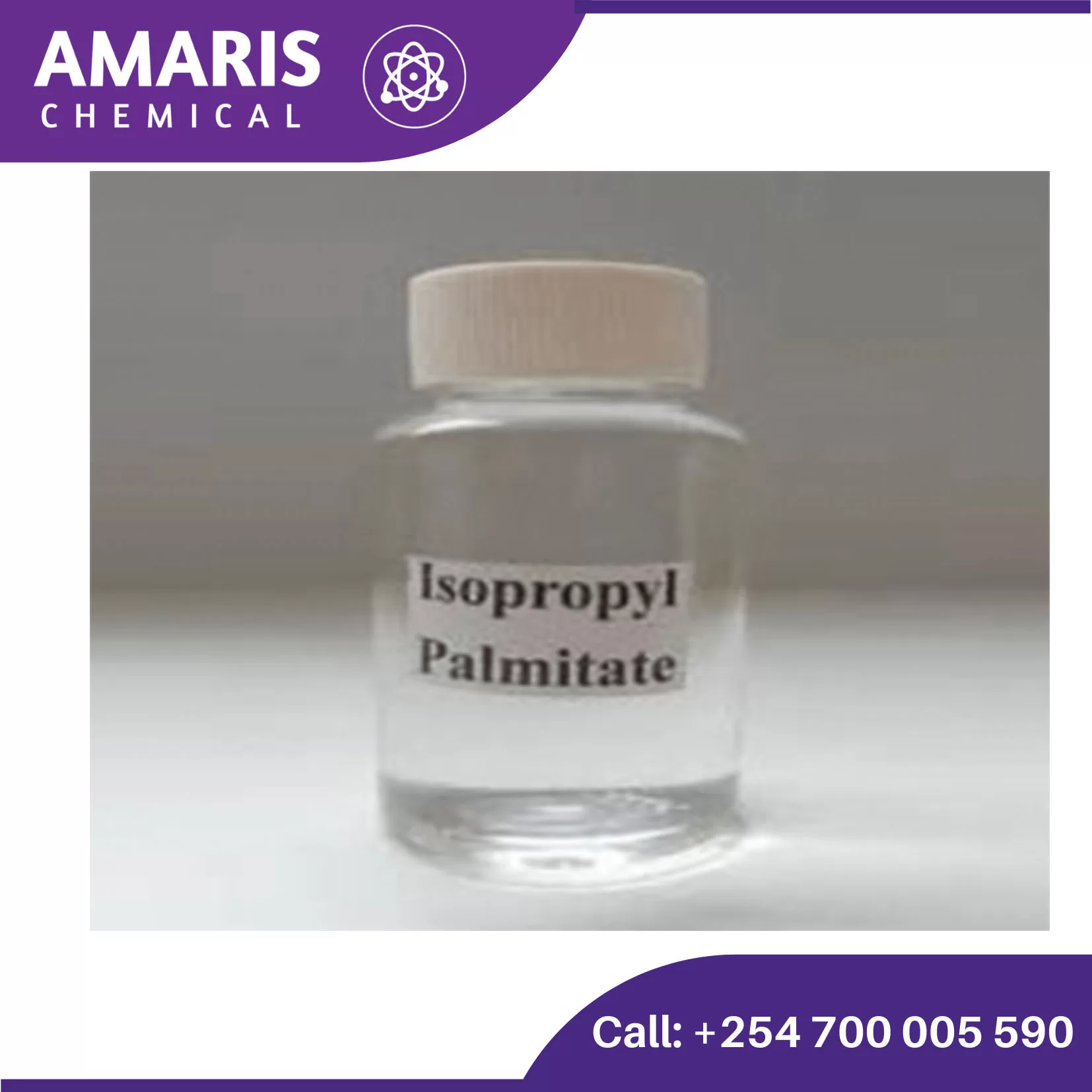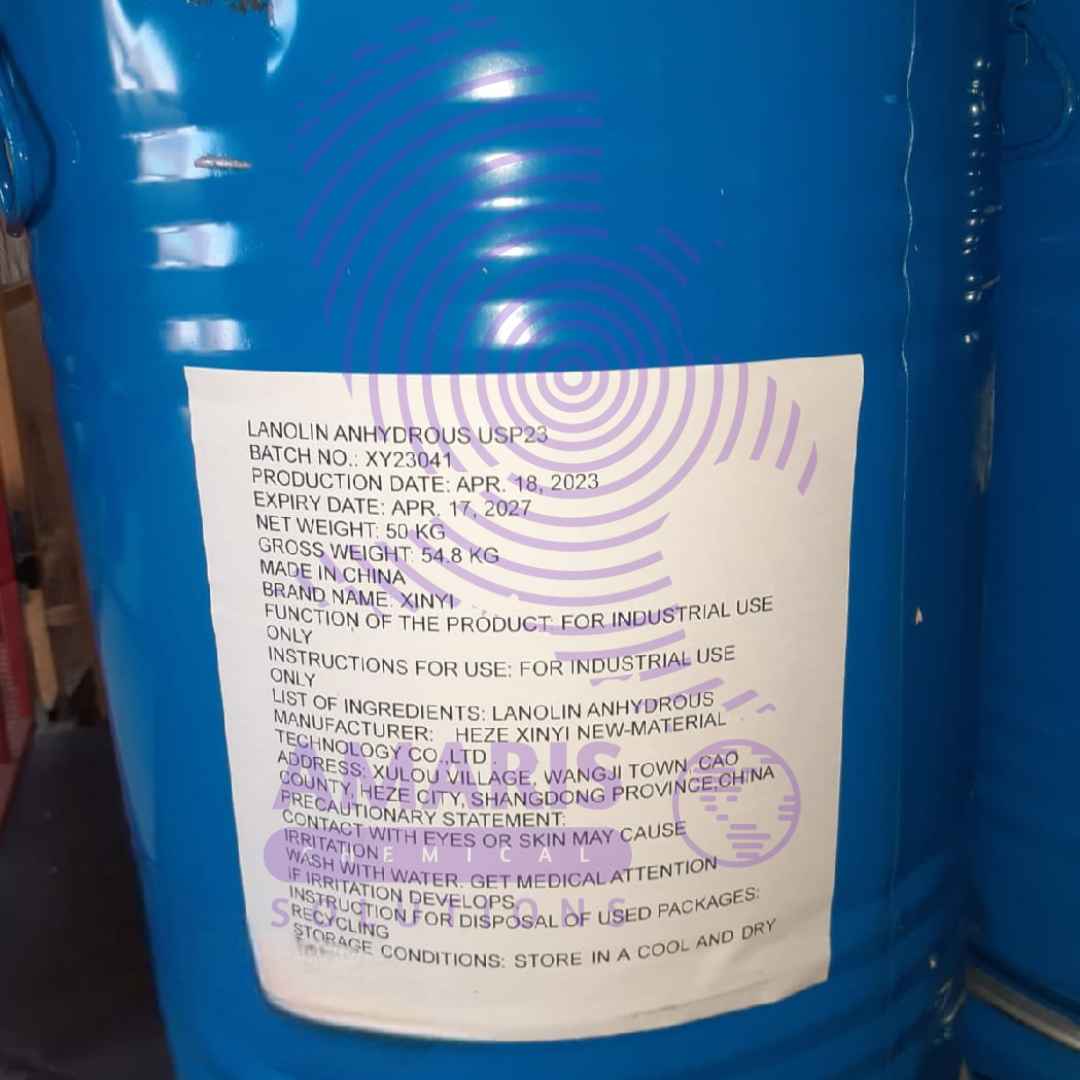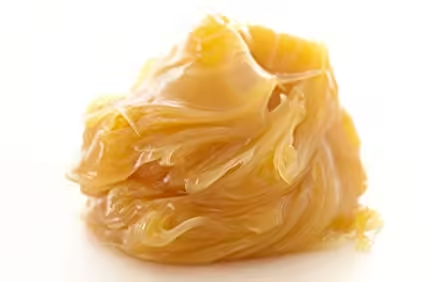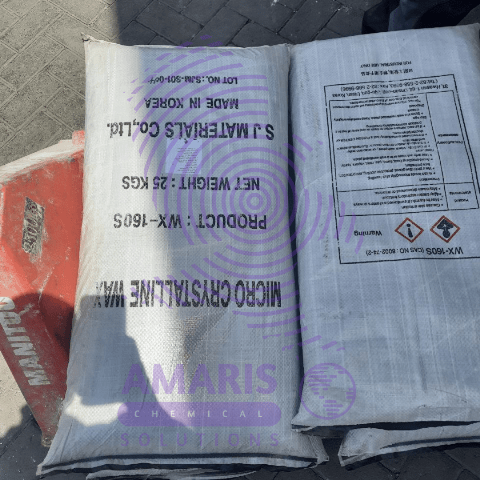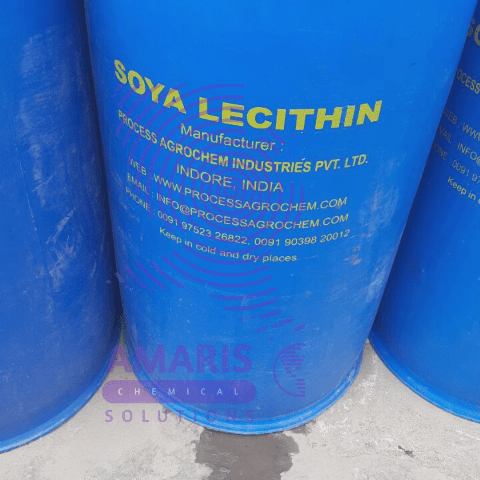“Caprylic/Capric Acid” has been added to your cart. View cart
Shipping & Delivery


MAECENAS IACULIS
Vestibulum curae torquent diam diam commodo parturient penatibus nunc dui adipiscing convallis bulum parturient suspendisse parturient a.Parturient in parturient scelerisque nibh lectus quam a natoque adipiscing a vestibulum hendrerit et pharetra fames nunc natoque dui.
ADIPISCING CONVALLIS BULUM
- Vestibulum penatibus nunc dui adipiscing convallis bulum parturient suspendisse.
- Abitur parturient praesent lectus quam a natoque adipiscing a vestibulum hendre.
- Diam parturient dictumst parturient scelerisque nibh lectus.
Scelerisque adipiscing bibendum sem vestibulum et in a a a purus lectus faucibus lobortis tincidunt purus lectus nisl class eros.Condimentum a et ullamcorper dictumst mus et tristique elementum nam inceptos hac parturient scelerisque vestibulum amet elit ut volutpat.
Related products
Avocado wax
Avocado wax, also known as avocado oil wax or Persea Gratissima (Avocado) Oil, is a natural wax derived from the fruit of the avocado tree (Persea americana). It is obtained by cold-pressing the flesh of the avocado fruit and then further refining the extracted oil to obtain a solid, waxy substance.
Avocado wax has a high melting point and a rich, creamy texture, which makes it an excellent ingredient for various cosmetic and personal care products. It is often used as a natural alternative to petroleum-based waxes or synthetic emollients.
The wax contains a combination of fatty acids, such as oleic acid, palmitic acid, and linoleic acid, which contribute to its emollient and moisturizing properties. Avocado wax forms a protective barrier on the skin, helping to retain moisture and prevent moisture loss. It is known for its nourishing, softening, and smoothing effects on the skin and hair.
In summary, avocado wax is a natural wax derived from avocado fruit, prized for its moisturizing, emollient, and protective properties, making it a valuable ingredient in various cosmetic and personal care products.
Candelilla Wax
Candelilla wax is a natural vegetable wax derived from the leaves of the candelilla shrub, scientifically known as Euphorbia cerifera. It is primarily produced in northern Mexico and the southwestern United States. Candelilla wax is obtained through a process that involves harvesting the leaves, grinding them into a powder, and then boiling the powder to extract the wax.
Candelilla wax is characterized by its yellowish-brown color and a hard, brittle texture. It is composed mainly of hydrocarbons, esters, and fatty acids. One of its key components is the hydrocarbon called cerotine, which gives the wax its unique properties. It has a melting point ranging from 68 to 73 degrees Celsius (154 to 163 degrees Fahrenheit).
This wax is widely used in various industries, including cosmetics, pharmaceuticals, food, and household products. In cosmetics, it is employed as a natural alternative to beeswax or petroleum-based waxes in the formulation of lip balms, lotions, creams, and other skincare products. Its emollient and protective properties help to provide a smooth texture, enhance product stability, and improve moisture retention.
Furthermore, candelilla wax finds applications in the food industry as a coating or glazing agent for candies, chewing gum, and other confectionery products. It is also utilized in the production of candles, polishes, adhesives, and coatings due to its excellent film-forming and water-repellent qualities.
Overall, candelilla wax is a versatile and sustainable natural wax with various desirable properties, making it a valuable ingredient in numerous commercial products.
Glycerin 250 kg Drum Food Grade
Glycerin, also known as glycerol, is a colorless, odorless, viscous liquid that is sweet-tasting and non-toxic. It is a type of alcohol with three hydroxyl (OH) groups, and is commonly used in various industries such as pharmaceuticals, cosmetics, food, and personal care products. Glycerin has numerous applications, including as a solvent, humectant, emollient, and lubricant, among others. It can be derived from both plant and animal sources, and is also produced as a byproduct of soap and biodiesel manufacturing.
Isopropyl palmitate
Isopropyl palmitate is a synthetic compound that is derived from isopropyl alcohol and palmitic acid. It is commonly used as an emollient and thickening agent in cosmetic and personal care products. Isopropyl palmitate helps to enhance the texture and spreadability of formulations, leaving the skin feeling smooth and moisturized. It is often used in creams, lotions, moisturizers, and various skincare products.
Lanolin Anhydrous 50kg
Lanolin Anhydrous USP refers to a high-quality, refined, and purified substance derived from the natural waxy secretion of sheep's wool. It is processed to remove impurities, water, and other components, resulting in a pure form of lanolin. Lanolin itself is a complex mixture of esters, alcohols, and fatty acids, and the anhydrous USP grade ensures it contains minimal to no water content. This refined lanolin is commonly used in various cosmetic and pharmaceutical products for its emollient, moisturizing, and protective properties, serving as a skin-conditioning agent and helping to soothe and hydrate the skin
Micro crystalline Wax 25kg
Micro crystalline wax is a type of wax derived from the refining process of crude oil. It is composed of a complex mixture of hydrocarbons, with a higher percentage of branched and cyclic molecules than straight-chain molecules. Microcrystalline wax is characterized by its small crystal size, which gives it a smooth texture and makes it less brittle than other types of waxes. It is commonly used in a variety of industries, including cosmetics, pharmaceuticals, and food processing, as a lubricant, emulsifier, and water-resistant coating.
Soya Lecithin
Soya lecithin is a natural substance derived from soybeans that is commonly used as an emulsifier, stabilizer, and dispersant in food products, pharmaceuticals, and other industrial applications. It is composed of a mixture of phospholipids, including phosphatidylcholine, phosphatidylethanolamine, and phosphatidylinositol, which have unique properties that make them useful in a wide range of applications. Soya lecithin is typically extracted from soybean oil and is often added to foods as an ingredient to improve texture, increase shelf life, or facilitate the mixing of ingredients that would otherwise not blend together.

